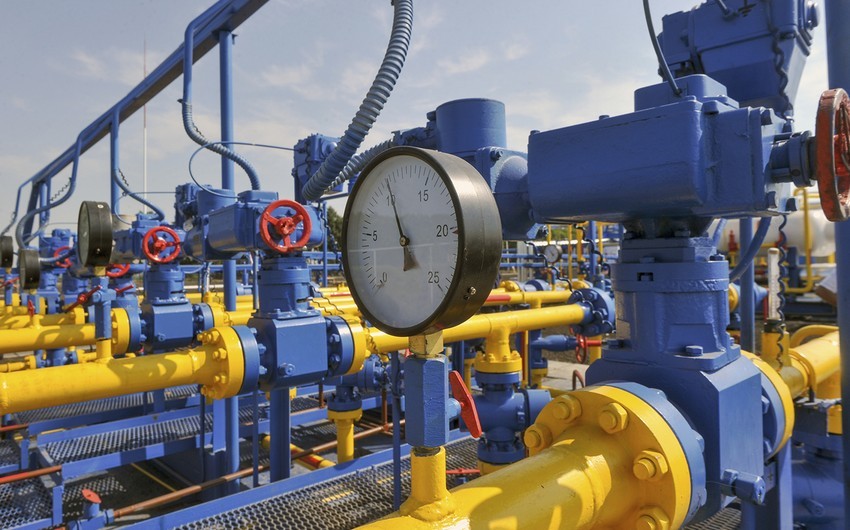Risks to the outlook of the Azerbaijani economy are broadly balanced, although uncertainty about the future of the pandemic remains high, Report informs referring to a report by the International Monetary Fund (IMF) following consultations with the Azerbaijani government under Article IV of the IMF’s Articles of Agreement.
“Vaccination is expected to help defeat COVID-19 and support the recovery. GDP growth is projected to pick up to 2.3 percent in 2021, as the sectors affected by stringent lockdown re-open. The new Southern Gas Corridor pipeline will boost exports of natural gas, mitigating the decline in oil production,” the IMF noted.
Following a sharp widening in 2020, the consolidated budget deficit is projected to remain high at 5.6 percent of GDP, owing to continued COVID-19 spending and increased reconstruction spending, before starting to narrow in 2022, according to IMF analysts.
Higher oil prices should improve the current account, turning it to a surplus of 2.4 percent of GDP from a small deficit in 2020, they added.
Azerbaijan faced unprecedented challenges in 2020, according to the report.
“Economic activity contracted by 4.3 percent, driven by the hydrocarbon, contact-intensive and transportation sectors. Inflation remained low, under 3 percent. Fiscal balance moved from a sizable surplus in 2019 to a large deficit, and the current account balance weakened as well. Increased health spending and a sizeable economic relief package helped save lives and livelihoods and cushion the economic impact from the pandemic and the decline in oil prices.”


 https://static.report.az/photo/b5e49bbb-7a06-3dde-a49d-3a694cc08530.jpg
https://static.report.az/photo/b5e49bbb-7a06-3dde-a49d-3a694cc08530.jpg

